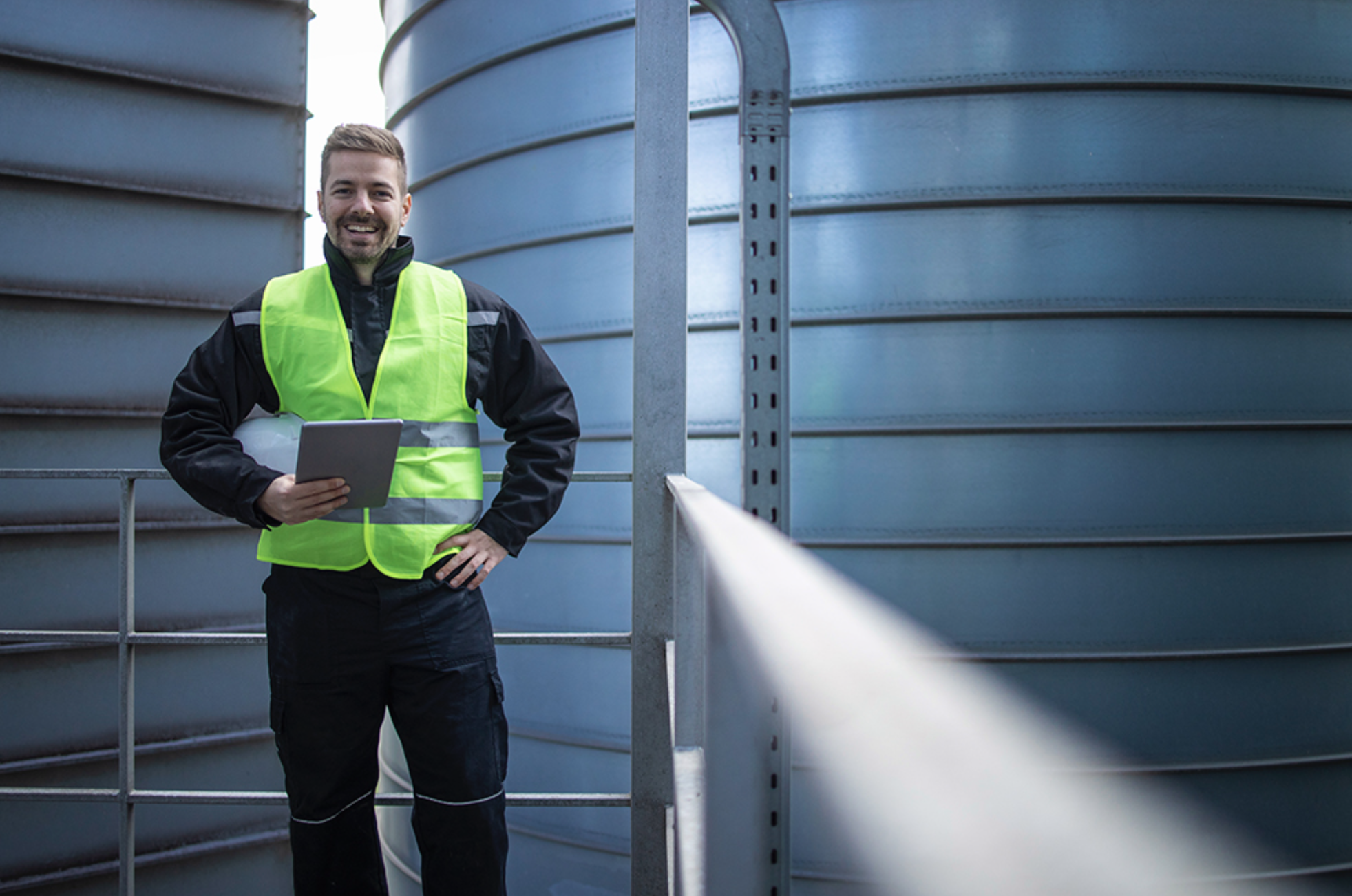Water-based industrial washing plants come in various types, each tailored to meet specific production needs.
This article explores the different kinds of water-based systems for industrial washingand introduces more different solutions, highlighting their benefits and applications.
Different types of industrial water-based washing systems
Water-based washing is crucial across many industrial sectors.
The selection of an appropriate washing plant depends on the processing type, production system organization, the volume of parts handled, and the specific industry requirements.
Here you can find the primary types of water-based industrial washing systems, that you can choose from:
Designed for thorough and uniform cleaning, these systems allow parts to move continuously or step-by-step through a series of washing, drying, and additional treatments.
These systems handle multiple washing cycles simultaneously, making them ideal for high-production environments or for processing various parts at the same time.
Multitank Systems optimize time and enhance production efficiency.
Featuring sectoral movement of tables, these systems are especially suited for cleaning complex components.
Compact in design, these systems are perfect for companies with limited space and less demanding productivity needs.
They use rotary baskets to process parts, ensuring high cleanliness standards.
The best manufacturers of industrial water washing systems, such as
DBM Tecnologie, therefore, offer a range of versatile and adaptable washing systems that guarantee quality results even in sectors with rigorous specifications.
Tailor made water-based washing systems
Multi-tank washing systems – for example – can offer flexible drying options based on the material, including additional equipment like suction systems, water purification, and automated management.
You can also integrate areas for pre-washing, oiling, and surface treatments.
For the best choice it’s also important to consider parameters such as:
Combining multiple cleaning systems, with customizable drying systems and the possibility of integrating automation and water treatment systems, is always advisable.
Spray washing tunnels are very compact and excellent for cleaning difficult parts, also adding customized drying systems and tool to reduce consumption and noise. Tunnels allow homogeneous results with advanced purification, filtering, and de-oiling systems.
Also rotary table systems are fully customizable and allow precise cleaning, even in hard-to-reach areas.
The washing systems can also be modified for specific treatments, such as pre-sputtering and pre-PVD treatments, essential for metal surface pre-treatment.
In conclusion, the right kind of washing systems have to meet the specific needs of diverse industries.
Common application areas include:
What material are industrial water washing systems made of?
Industrial water washing systems are typically constructed from materials that can withstand the harsh conditions of industrial environments, including exposure to water, chemicals, and varying temperatures.
Common materials include:
Due to its excellent corrosion resistance, durability, and hygienic properties, stainless steel (grades such as 304 and 316) is widely used in industrial water washing systems. It is especially prevalent in industries where cleanliness and resistance to corrosion are critical, such as food processing and pharmaceuticals.
For applications where corrosion resistance is less critical, carbon steel might be used. It is often coated or painted to prevent rust and extend its lifespan.
High-density polyethylene (HDPE), polyvinyl chloride (PVC), and other plastics are used in components like pipes, tanks, and certain structural parts due to their resistance to corrosion and chemical reactions. They are also lighter and easier to handle compared to metals.
FRP combines the corrosion resistance of plastics with the strength of fiberglass, making it suitable for corrosive environments and applications where both durability and resistance to chemical attack are necessary.
Although less common due to its susceptibility to certain types of corrosion, aluminum is used in some applications where its lightweight and resistance to rust are advantageous.
Used in gaskets, seals, and hoses, these materials provide flexibility and chemical resistance, essential for maintaining the integrity of the system under various operating conditions.
Also the choice of materials depends on factors such as the specific industrial application, the types of chemicals or substances being washed, temperature ranges, mechanical stresses, and the overall cost considerations.







